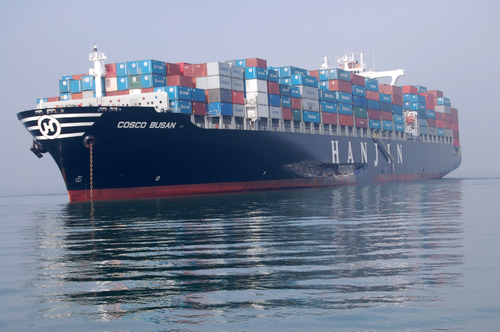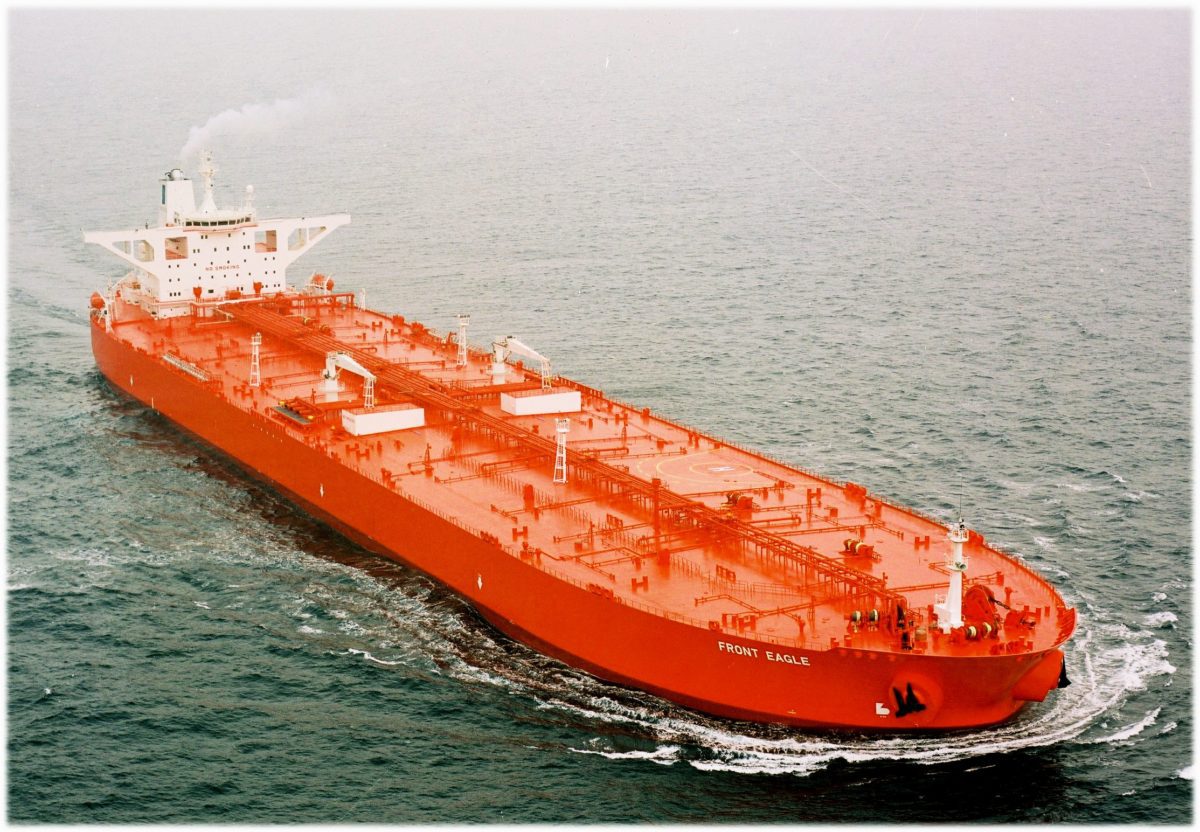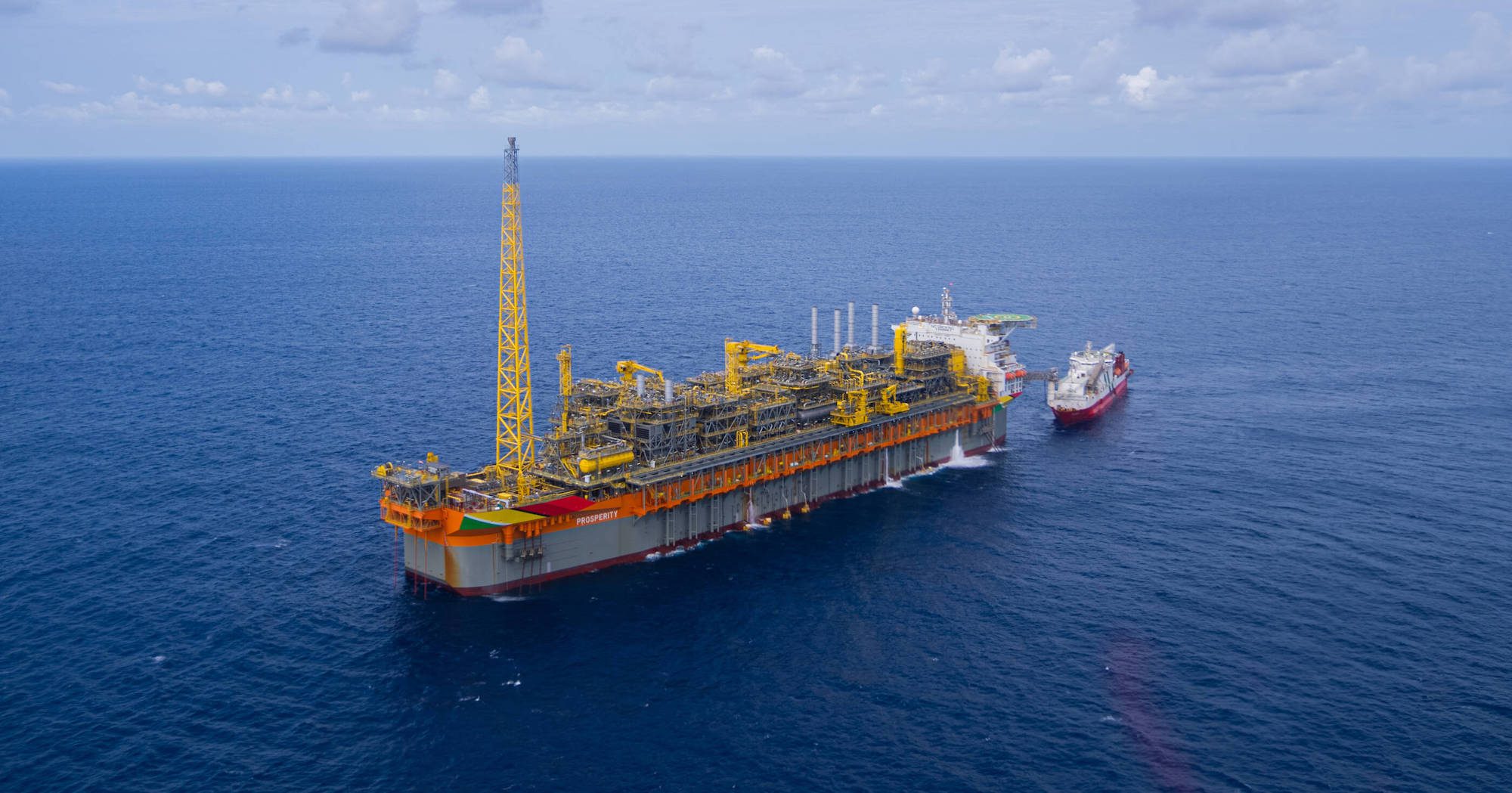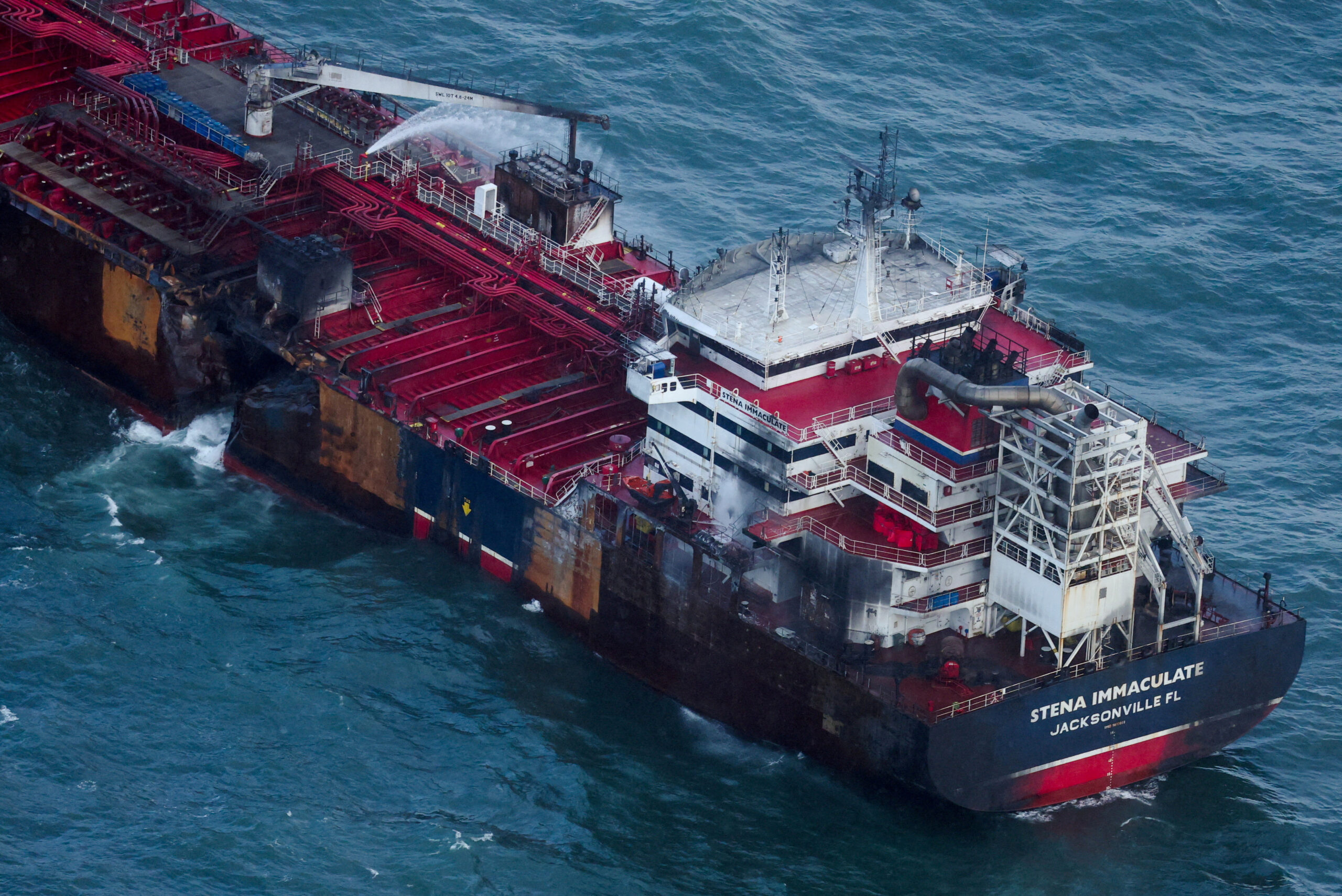
Earlier today, the National Transportation Safety Board released its final report on the allision of the M/V Cosco Busan with the Delta Tower of the San Francisco–Oakland Bay Bridge on November 7, 2007, resulting in the release of 53,500 gallons of fuel oil into San Francisco Bay.
The final report reflected sentiments expressed at the NTSB’s hearing on the accident in February as well as opinions reflected here on gCaptain. This included determination of probable cause, in which the Safety Board cited three factors:
- the pilot’s degraded cognitive performance from his use of impairing prescription medications;
- the absence of a comprehensive pre-departure master/pilot exchange and a lack of effective communication between the pilot and the master during the accident voyage, and;
- the master’s ineffective oversight of the pilot’s performance and the vessel’s progress.
Contributing to the cause of the accident, the Board cited:
- the failure of Fleet Management Ltd. to adequately train the Cosco Busan crewmembers before the accident voyage, which included a failure to ensure that the crew understood and complied with the company’s safety management system, and
- the U.S. Coast Guard’s failure to provide adequate medical oversight of the pilot in view of the medical and medication information that the pilot had reported to the Coast Guard
New Recommendations
As a result of the investigation, the Safety Board made the following safety recommendations.
To the U.S. Coast Guard:
- Propose to the International Maritime Organization that it include a segment on cultural and language differences and their possible influence on mariner performance in its bridge resource management curricula. (M-09-1)
- Revise your vessel traffic service policies to ensure that vessel traffic service communications identify the vessel, not only the pilot, when vessels operate in pilotage waters. (M-09-2)
- Provide Coast Guard-wide guidance to vessel traffic service personnel that clearly defines expectations for the use of existing authority to direct or control vessel movement when such action is justified in the interest of safety. (M-09-3)
- Require mariners to report to the Coast Guard, in a timely manner, any substantive changes in their medical status or medication use that occur between required medical evaluations. (M-09-4) Supersedes M-05-5
- Establish a mechanism through which representatives of pilot oversight organizations collect and regularly communicate pilot performance data and information regarding pilot oversight and best practices. (M-09-5)
To Fleet Management Ltd.:
- When assigning a new crew to a vessel, ensure that all crewmembers are thoroughly familiar with vessel operations and company safety procedures before the vessel departs the port. (M-09-6)
- Provide safety management system manuals that are in the working language of a vessel’s crew. (M-09-7)
To the American Pilots’ Association:
- Inform your members of the circumstances of this accident, remind them that a pilot card is only a supplement to a verbal master/pilot exchange, and encourage your pilots to include vessel masters and/or the officer in charge of the navigational watch in all discussions and decisions regarding vessel navigation in pilotage waters. (M-09-8)
Previously Issued Recommendations Reclassified in The Report
To the U.S. Coast Guard:
M-05-4
Revise regulation 46 CFR 10.709 to require that the results of all physical examinations be reported to the Coast Guard, and provide guidance to mariners, employers, and mariner medical examiners on the specific actions required to comply with these regulations.
Safety Recommendation M-05-4, previously classified “Open—Acceptable Response,” is reclassified “Closed—Acceptable Alternate Action” in the “Coast Guard Medical Oversight of Mariners” section of the report.
M-05-5
In formal consultation with experts in the field of occupational medicine, review your medical oversight process and take actions to address, at a minimum, the lack of tracking of performed examinations; the potential for inconsistent interpretations and evaluations between medical practitioners; deficiencies in the system of storing medical data; the absence of requirements for mariners or others to report changes in medical condition between examinations; and the limited ability of the Coast Guard to review medical evaluations made by personal health care providers.
Safety Recommendation M-05-5, previously classified “Open—Acceptable Response,” is reclassified “Closed—Acceptable Action—Superseded” in the “Coast Guard Medical Oversight of Mariners” section of the report.
Download full report

 Join The Club
Join The Club











